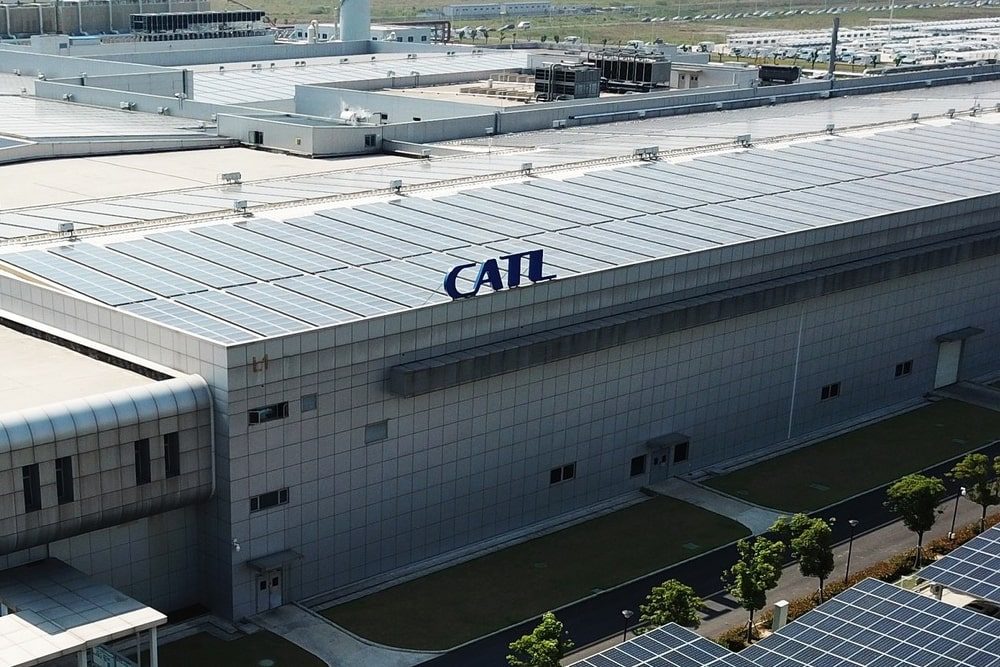China to pour millions into solid-state battery research
After becoming one of the world’s biggest lithium-ion battery suppliers, the country is preparing to secure pole position in solid-state batteries, widely considered the next-generation technology. Reuters reports that the government has selected CATL, Nio-backed WeLion New Energy Technology, BYD, FAW, SAIC, and Geely to work on a government-led project for developing solid-state batteries.
While lithium-ion batteries use liquid electrolytes, solid-state batteries consist of solid electrolytes. They promise greater safety, reduced charging times, and longer ranges. They show high stability because they are resistant to temperature fluctuations and can withstand high temperatures and high voltages. Moreover, they are smaller and more powerful, which makes them suitable for a wider range of vehicles, including sports cars.
Despite recent advancements, solid-state batteries are still a work in progress and pose several challenges. Durability is the biggest issue with solid-state batteries, however, repeated charging and discharging causes cracks between the battery’s cathodes and anodes and its solid electrolytes also impact its performance.
Another hurdle in widescale adoption of solid-state batteries is that mass-producing them is a challenge. At present, only smaller solid-state batteries for low-output applications like wearable devices or robots are under volume production. Solid-state batteries are sensitive to moisture, so their manufacturers need special equipment to keep humidity away from production lines.
While government initiatives should accelerate solid-state battery development, Chinese companies aren’t waiting. Battery makers have already started formulating plans for the next-gen technology. Farasis, a supplier for Mercedes-Benz, is collaborating with FAW to develop semi-solid-state and all-solid-state batteries for commercial vehicles. SAIC-made semi-solid-state batteries will power the IM L6 sedan this year. From 2027, IM Motors’ EVs will come with SAIC’s all-solid-state batteries.
BYD subsidiary FinDreams Battery, CATL, CALB, EVE Energy, Gotion High-Tech, and SVOLT have formed a consortium called China All-Solid-State Battery Collaborative Innovation Platform (CASIP) to develop and manufacture solid-state batteries and create their supply chain. CATL wants to start small-scale production of solid-state batteries by 2027. Around the same time, Japanese automakers, who have been very vocal about solid-state batteries for years, will also step into the race.
Japanese automakers have been sluggish in adopting EVs in the current lithium-ion era, but they have already made plans to launch EVs with solid-state batteries. Toyota plans to incorporate the next-gen battery technology in its EVs starting in 2027-28. The company has initially set a target of achieving a WLTP range of over 1,000 km and then over 1,200 km in the second phase. Honda has said that its first EV with solid-state batteries will arrive in the late 2020s. Nissan aims to launch EVs equipped with solid-state batteries in FY2028.





0 Comments